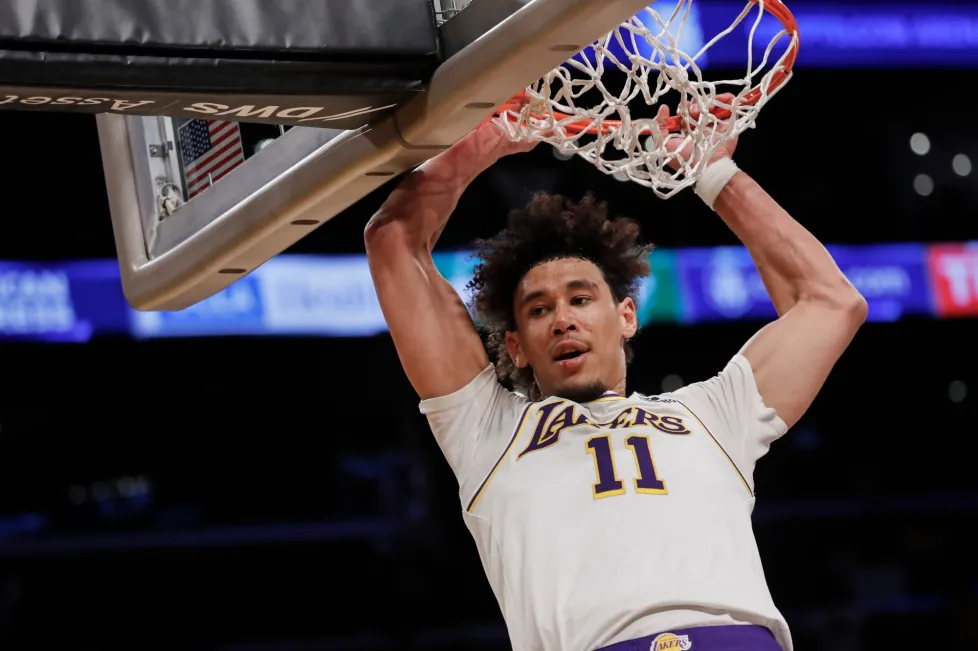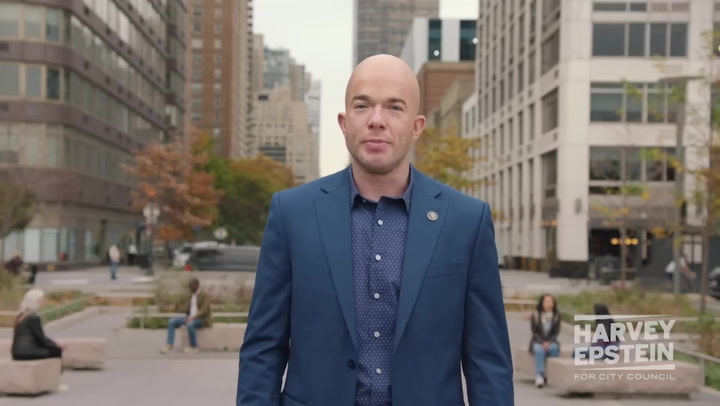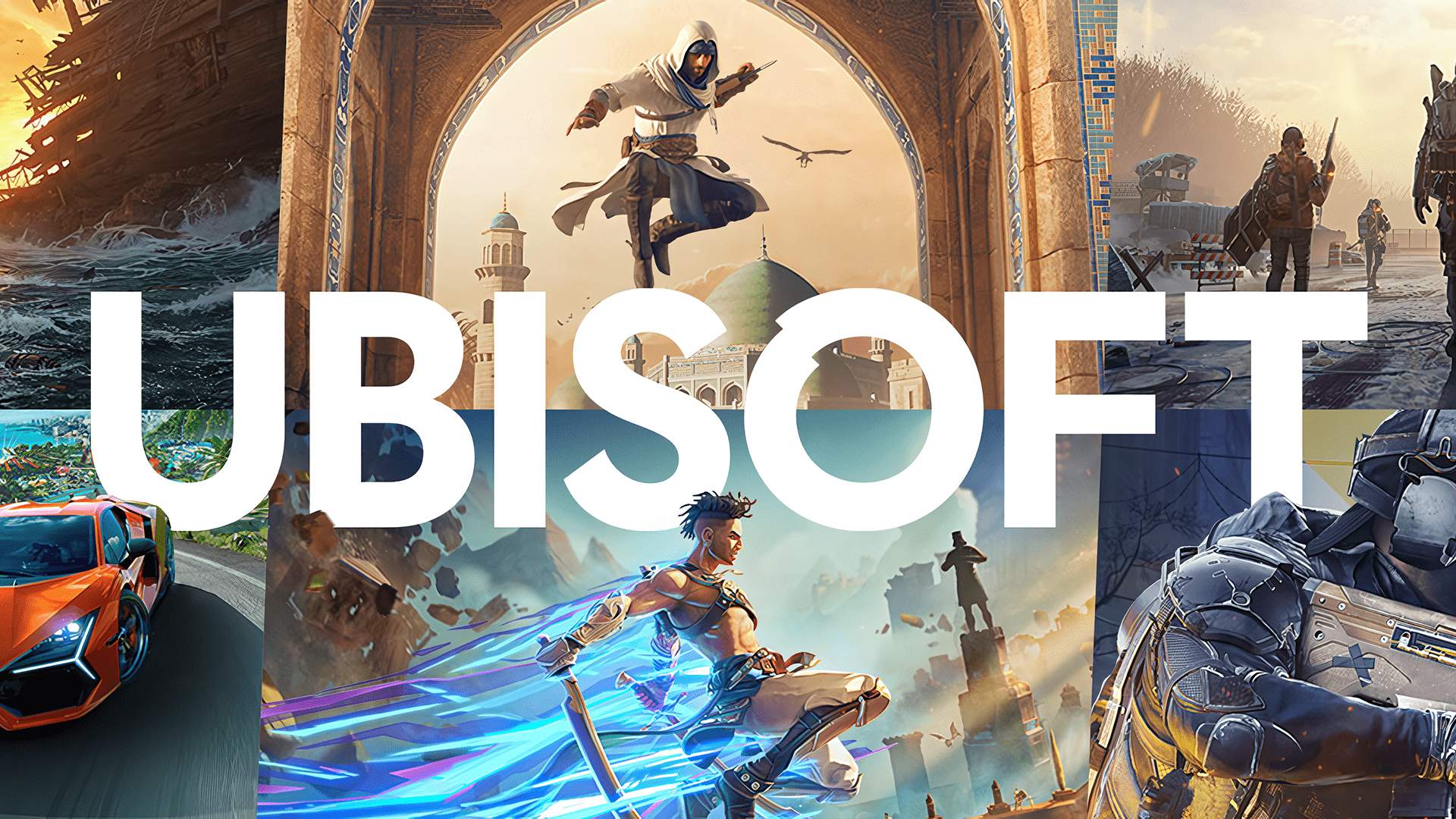
In the rapidly evolving landscape of the gaming industry, Ubisoft has found itself grappling with several challenges that have shaken its financial stability. Recent reports suggest that the co-founders of the renowned gaming company, Yves Guillemot and his partners at Tencent, are considering the drastic measure of taking the company private. This potential buyout comes in response to lagging game sales and a series of disappointing releases that have not met the expected financial benchmarks.
The latest game from Ubisoft, Star Wars Outlaws, was expected to be a major hit, yet its performance fell short of expectations. This is compounded by the delayed launch of their highly anticipated title from the Assassin's Creed franchise, which has now been pushed back to 2025. Such setbacks contribute to a growing perception of instability, leading to serious discussions about the company's financial future.
Ubisoft's attempts to enter the competitive first-person shooter market with XDefiant have also not yielded the desired results. Despite high hopes for this title, it failed to attract a substantial player base, raising concerns among investors and stakeholders about the company’s direction in the industry.
Understanding the Financial Landscape for Ubisoft
The financial landscape for gaming companies is markedly volatile, influenced by consumer trends, technological advancements, and competitive pressures from other major players in the industry. As gaming shifts toward mobile platforms and live-service models, traditional gaming companies like Ubisoft must adapt. Their previous reliance on strong single-player narratives and franchise-driven sales may no longer be sufficient.
The Implications of Going Private
Considering a buyout presents both risks and rewards. On one hand, taking Ubisoft private could offer a level of insulation from the public market’s pressures, allowing the leadership to focus more on long-term strategy without the short-term scrutiny from investors. However, it could also hinder access to capital that's often necessary for funding large-scale game development and marketing.
Insights on the Industry's Future
The potential buyout and market adaptations reflect broader trends within the gaming industry. Companies are increasingly seeking innovative ways to engage audiences, with a significant shift toward more interactive and community-driven experiences. Ubisoft must not only focus on its existing franchises but also explore new genres and formats to capture the attention of emerging gaming demographics.
Upcoming Challenges and Opportunities
As Ubisoft navigates these turbulent waters, there will be both challenges and opportunities ahead. The upcoming Assassin's Creed title could potentially redefine fans' expectations and set a new standard within the franchise. If successful, it may pave the way for revitalization within the company and restore stakeholder confidence.
Exploring Broader Trends in Gaming
Alongside the scrutiny of Ubisoft, the gaming industry as a whole faces challenges. The competitive battle among consoles, particularly between Sony’s PlayStation and Microsoft’s Xbox, continues to intensify. Just recently, Sony made headlines by reinstating the requirement of a PSN account for its single-player PC game releases, indicating their strategy to integrate online connectivity into even the most solitary of gaming experiences.
Furthermore, developments surrounding popular franchises such as Metal Gear Solid and Avatar: The Last Airbender showcase how revivals and updates are also drawing attention. Interestingly, the voice actor for Solid Snake, David Hayter, has hinted at an upcoming project that could potentially connect with fans during these iconic franchises' resurgence.
Sony's Strategic Moves and Implications
In a related development, Sony’s decision to remove the original version of Horizon Zero Dawn from Steam has raised eyebrows. With the remastered version now the only available option, it signifies a shift in strategy aiming at managing digital libraries and possibly priming the market for upcoming titles. This can impact consumer accessibility and purchasing decisions significantly.
Final Thoughts on Ubisoft and the Gaming Market
The unfolding story of Ubisoft serves as a significant case study within the gaming sector, highlighting the delicate balance between creative ambition and fiscal responsibility. As they navigate the complexities of a buyout and strategize for the future, their decisions will serve as a bellwether for other companies looking to adapt and thrive in this dynamic environment.
The Future for Gamers and Ubisoft
Gamers and industry observers alike will be watching closely how Ubisoft handles its current predicament. The decisions made today could reshape not only the company itself but potentially influence larger trends in the gaming industry. As the landscape continues to change, the focus will increasingly shift toward adaptability, innovation, and the need for a fan-first approach.



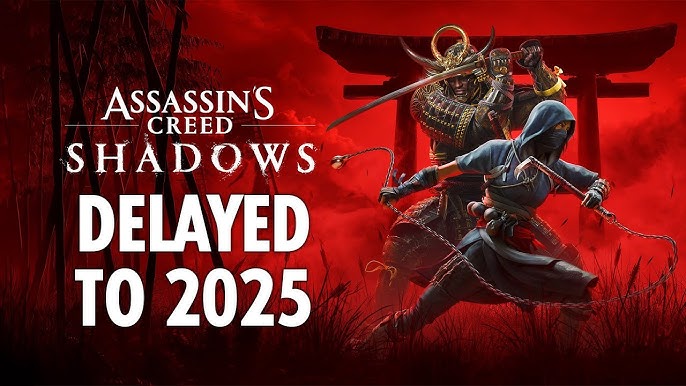
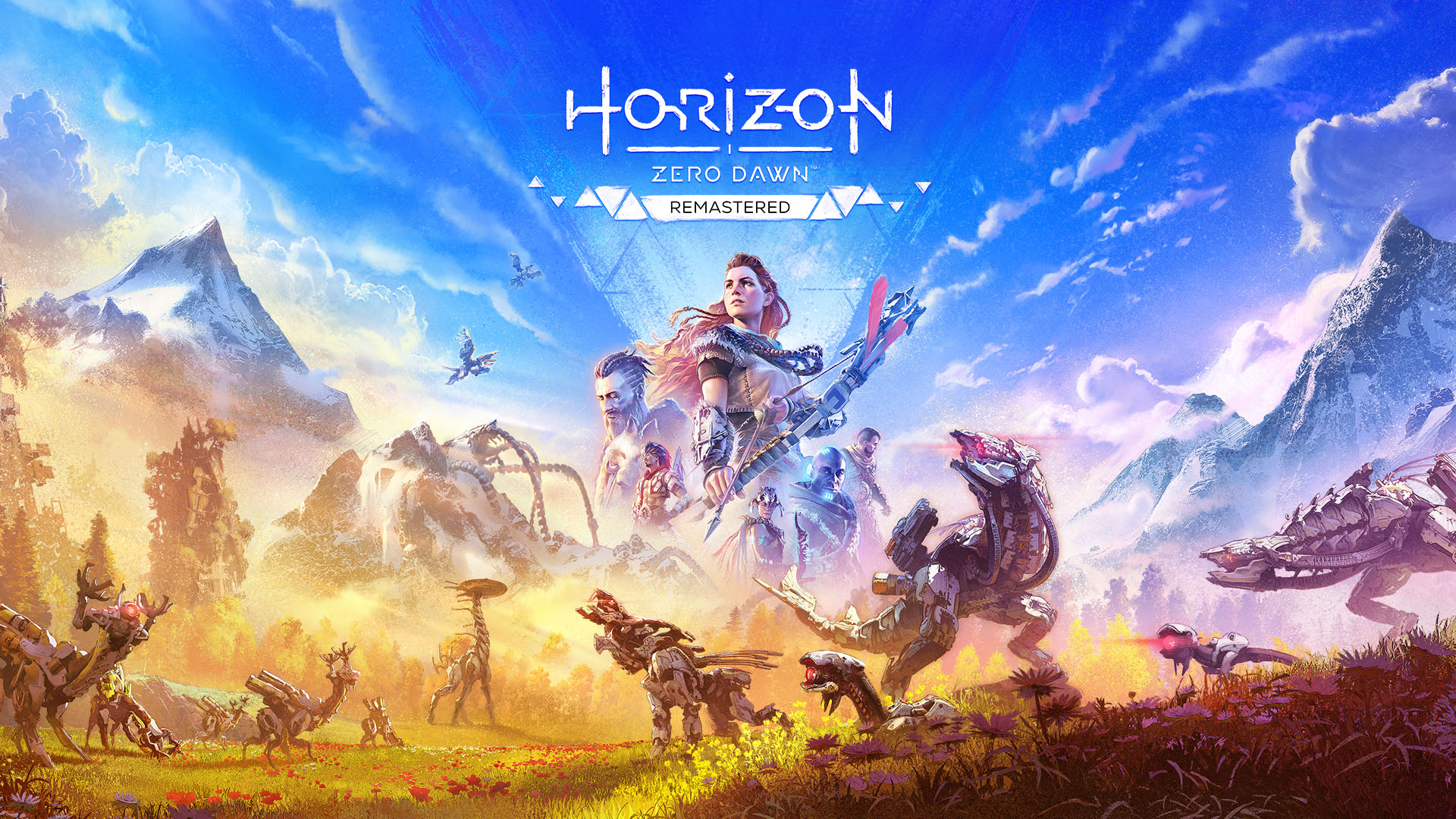
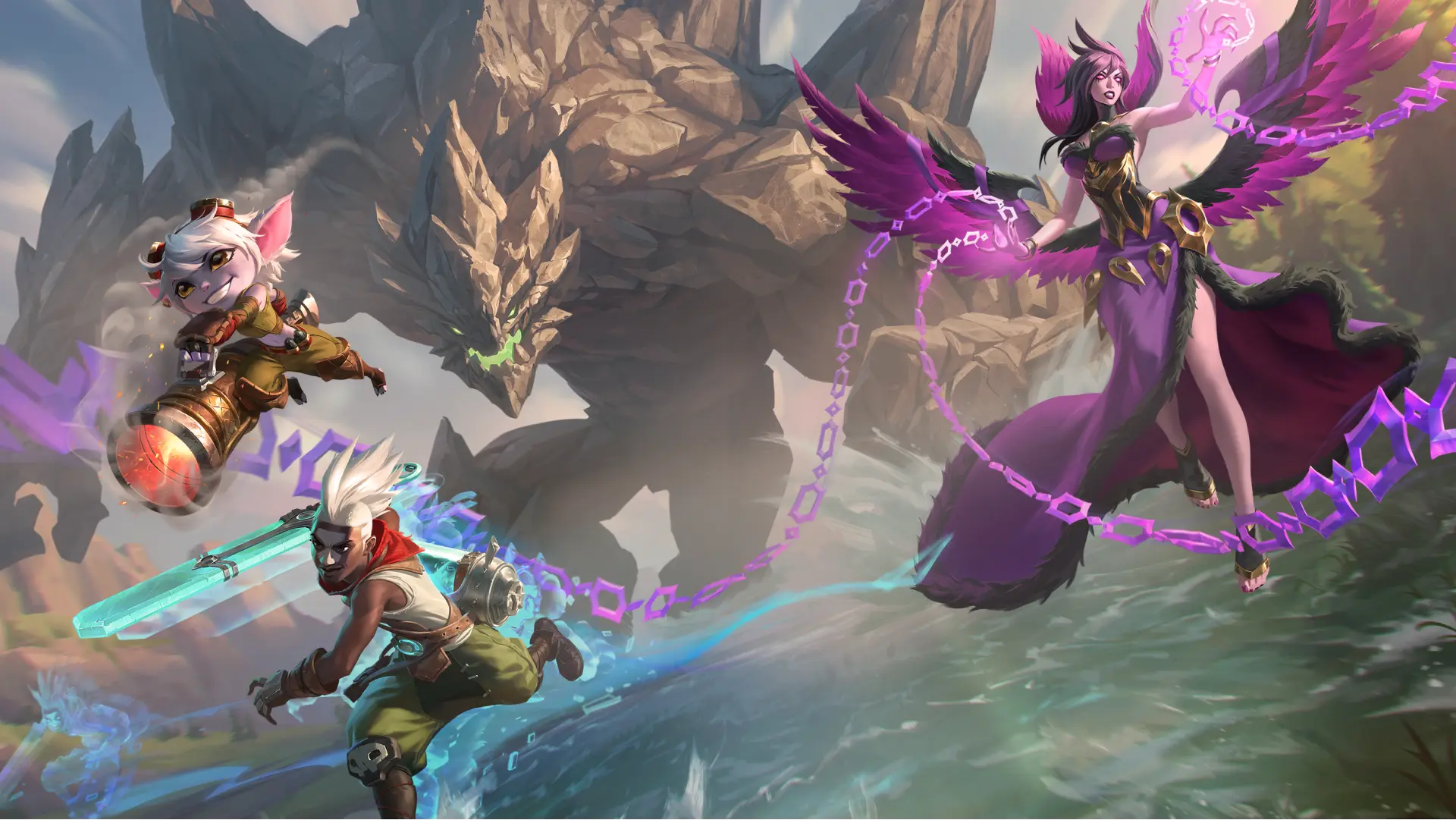
.webp)
